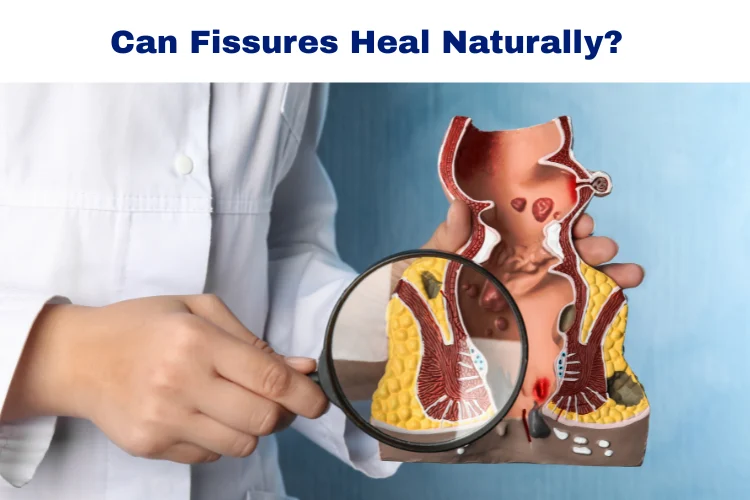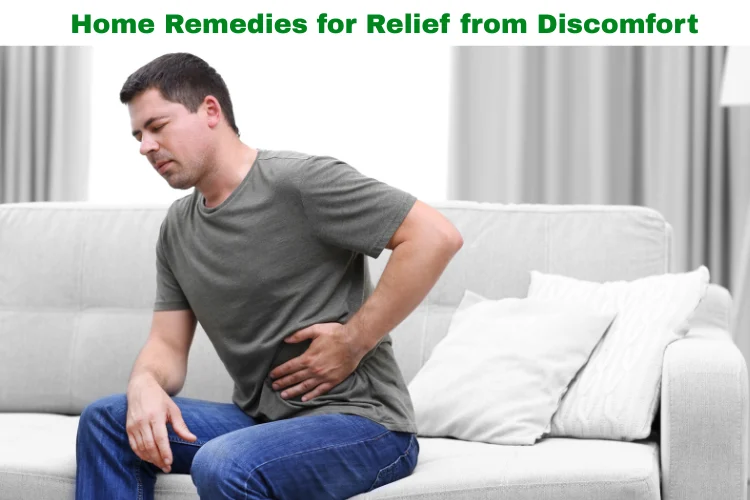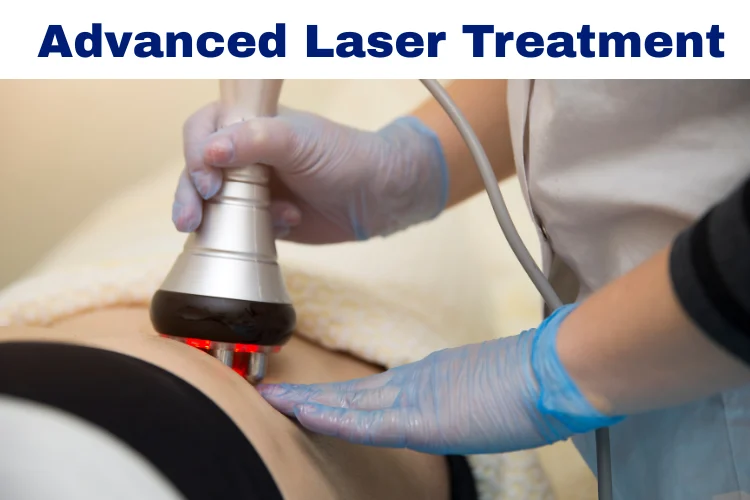Anal fissures are tiny cuts or tears in the anal canal lining, usually resulting from hard stool passage or long-term constipation. The tiny but painful cuts can lead to bleeding, itching, and a stinging, sharp pain during bowel movements. If you’ve ever had one, you’re likely asking yourself: do anal fissures heal by themselves, or is medical intervention always required?
Learn more
What Causes Anal Fissures?
Understanding the root cause of anal fissures is key to managing and preventing them. The most common causes include:
- Straining during bowel movements
- Passing hard or large stools
- Chronic constipation or diarrhea
- Inflammatory bowel conditions (like Crohn’s disease)
- Childbirth or anal trauma
In many cases, fissures develop due to increased pressure and irritation in the anal canal.
Can Anal Fissures Heal Naturally?
Yes, in most instances, anal fissures will heal on their own—particularly if they are acute (new and short duration). Most often, chronic self-care and lifestyle changes will allow healing within a matter of weeks. Chronic fissures (greater than 6–8 weeks), however, might need medical care or minor interventions to aid healing.
Factors That Help Anal Fissures Heal on Their Own
If you have a mild or acute anal fissure, these measures can greatly aid in recovery:
1. Boost Fiber Consumption
Fiber-rich food turns stool softer and averts straining. Fruits and vegetables, whole grains, and fiber supplements can ease bowel movements and cause less pain.
2. Adequate Fluid Intake
Consumption of plenty of fluids (at least 8 glasses a day) keeps stools soft and regular, thus lessening pressure on the anal region.
3. Warm Sitz Bath
Soaking the anal region in warm water for 10–15 minutes, particularly after a bowel movement, increases blood flow, relaxes the anal sphincter muscles, and accelerates healing.
4. Avoid Straining
Don’t hesitate to have bowel movements, and don’t push. Straining aggravates fissures and prevents healing.
5. Practice Good Hygiene
Clean the area gently with warm water and dry. Do not use harsh soap and toilet paper with fragrances or alcohol.
6. Use Over-the-Counter Ointments
Topical medications with hydrocortisone or lidocaine may ease symptoms and minimize inflammation during healing.
Know more about Foods to Eat & Avoid for Quick Anal Fissure Healing
When to See a Doctor
While many anal fissures heal without medical intervention, certain symptoms may signal the need for professional care:
- The fissure persists beyond 6–8 weeks
- Bleeding continues or worsens
- The pain becomes severe or constant
- You suspect an infection or abscess
- There’s a visible lump or discharge near the fissure
Doctors may recommend prescription ointments (like nitroglycerin), Botox injections, or minor surgery for persistent fissures.
Preventing Recurrence
- Even with healing, fissures may recur if the causes are not eliminated. Prevention of recurrence:
- Eat a high-fiber diet
- Drink daily to remain hydrated
- Exercise regularly for digestive support
- Respond to bowel impulses in a timely manner
- Avoid over-wiping and rough toilet products
FAQs About Anal Fissures
1. An anal fissure typically heals in how long naturally?
Most acute fissures can recover in 1 to 2 weeks if it is cared for properly.
2. Should I treat an anal fissure or do I see a physician first?
Mild fissures may be treated at home with diet, hydration, sitz baths, and OTC creams.
3. Will walking or doing light exercise worsen or otherwise affect an anal fissure?
Yes, moderate activity promotes digestion and is not likely to aggravate fissures.
4. Should spicy food be avoided if I have a fissure?
Yes, spicy foods cause irritation of the anal lining and aggravate the symptoms.
5. Are fissures identical with hemorrhoids?
No, fissures are ruptures in the skin, but hemorrhoids are inflamed veins.
6. Can stress develop anal fissures?
Stress might cause constipation, which will indirectly increase the risk of fissures.
Conclusion
So do anal fissures heal by themselves? The answer is yes—provided you move fast and embrace good habits to aid healing. Treatment early can do wonders and avoid complications. But in case symptoms persist, don’t delay seeing a pro.
Feel any symptoms of an anal fissure? Begin home treatment today—and see a doctor if it doesn’t get better.




